Deep Learning - Deep Learning platform for experimentation.
Teacher for Deep Learning material, code making
Unleash the power of AI with Deep Learning.
Get Embed Code
Overview of Deep Learning
Deep Learning is a subset of machine learning in artificial intelligence (AI) that mimics the workings of the human brain in processing data and creating patterns for use in decision making. It is built upon neural networks which consist of layers of nodes, much like neurons in the brain. Each layer processes aspects of the data and passes it on to subsequent layers, enabling complex, hierarchical pattern recognition. Deep learning models automatically learn high-level features from data such as images, sound, and text without explicit programming for feature extraction. A classic example is image recognition, where a model is trained with many images labeled as 'cat' or 'no cat' to learn features that define a cat. This allows the model to identify cats in new images it hasn’t seen before. Powered by ChatGPT-4o。

Primary Functions and Applications of Deep Learning
Image Recognition
Example
Applications like face recognition in security systems, medical diagnosis through analyzing imaging scans.
Scenario
A deep learning model processes thousands of hospital X-ray images to identify which contain signs of pneumonia, helping in quick and accurate diagnoses.
Natural Language Processing
Example
Tools like voice-activated assistants, real-time translation apps, and customer service chatbots.
Scenario
Deep learning algorithms process and understand human language to facilitate real-time conversation between a customer and an automated service representative in various languages.
Autonomous Driving
Example
Self-driving cars use deep learning to make sense of their environment and make driving decisions.
Scenario
A self-driving car uses cameras and sensors to feed data into deep learning models that recognize traffic signs, detect pedestrians, and decide when to stop, start, or maneuver around obstacles.
Predictive Analytics
Example
Forecasting consumer behavior, stock market trends, or potential mechanical failures in machinery.
Scenario
E-commerce platforms use deep learning to analyze past purchase data and predict which products a user will likely buy next, enhancing personalized recommendations.
Ideal Users of Deep Learning
Tech Companies
Companies in technology and software development integrate deep learning for enhancing products and services, such as improving search engine results, optimizing advertisement targeting, and developing advanced consumer-facing AI applications.
Healthcare Organizations
Medical institutions and research facilities use deep learning models for tasks such as disease diagnosis, medical imaging, and drug discovery, significantly enhancing the speed and accuracy of medical assessments and treatments.
Automotive Industry
Manufacturers and researchers in the automotive sector are adopting deep learning for developing autonomous driving technologies, aiming to increase safety and redefine transportation.
Financial Institutions
Banks and investment firms employ deep learning for fraud detection, risk management, and customer service automation, thereby increasing security and operational efficiency.

Using Deep Learning
Visit yeschat.ai for a free trial without login, also no need for ChatGPT Plus.
Yeschat.ai offers a convenient platform for exploring Deep Learning capabilities without any initial commitment.
Choose a framework and set up your environment.
Select a Deep Learning framework such as TensorFlow or PyTorch. Install the necessary libraries and tools for your chosen framework.
Collect and preprocess your data.
Gather relevant data for your Deep Learning project and preprocess it to ensure compatibility with your chosen framework.
Design and train your Deep Learning model.
Architect your neural network, define the loss function, and choose an optimization algorithm. Train your model on the preprocessed data.
Evaluate and fine-tune your model.
Assess the performance of your model using validation data. Fine-tune hyperparameters and adjust the model architecture as needed to improve performance.
Try other advanced and practical GPTs
HTML to FlocssSCSS
Transform HTML to SCSS with AI precision.

HTML CSS Builder
Transform Designs into Code Instantly
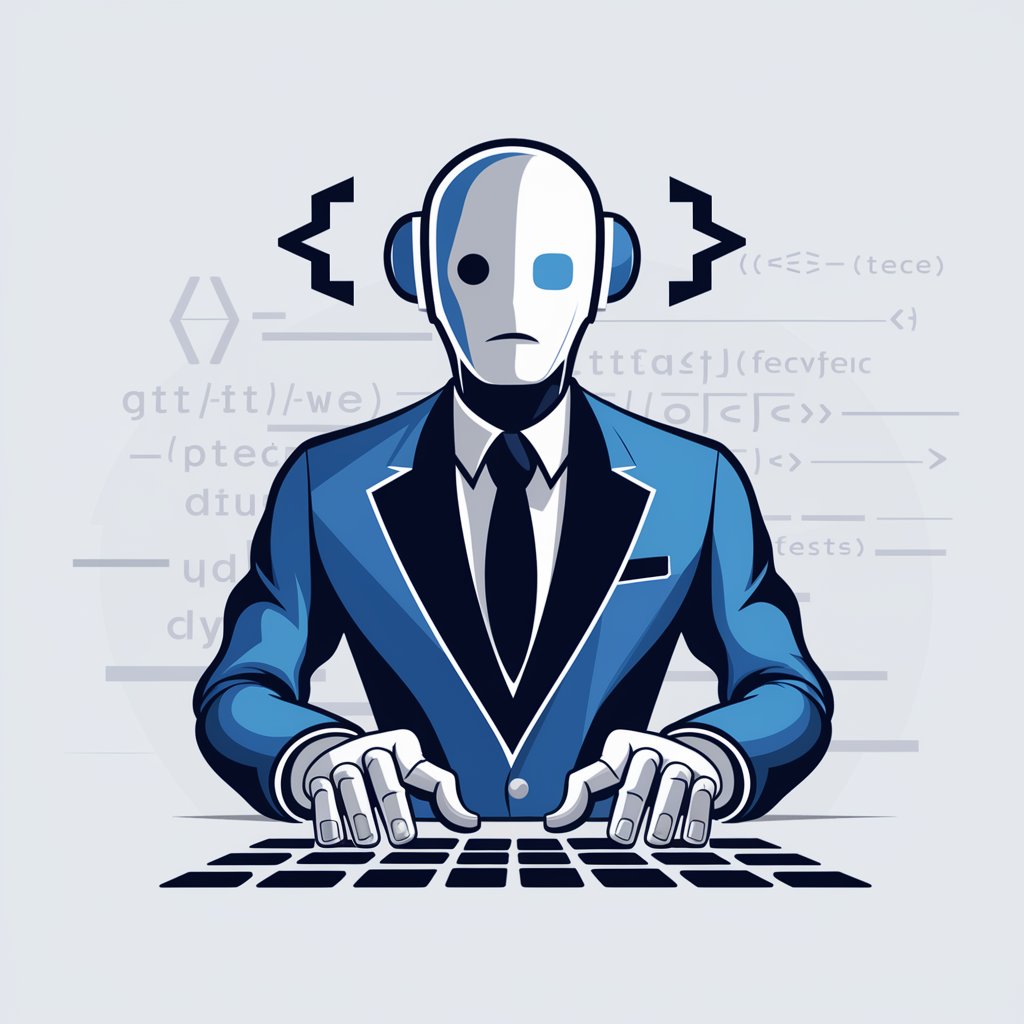
Voltage Finance Senior Marketer
Empowering Marketing and Community Engagement with AI

Data
Unleash AI power with Data.
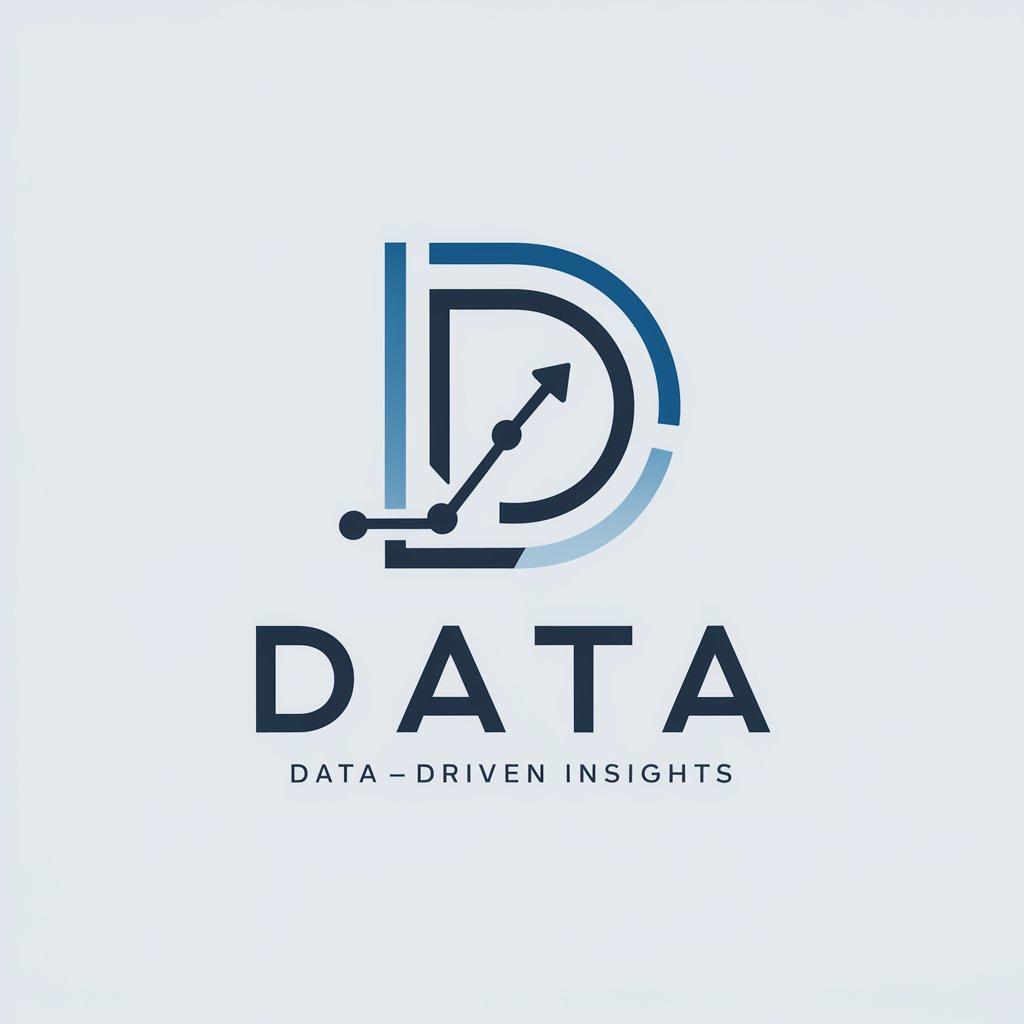
Web Browser
Unlock AI-powered web browsing.

GitHube Copilet
Empowering developers with AI assistance.
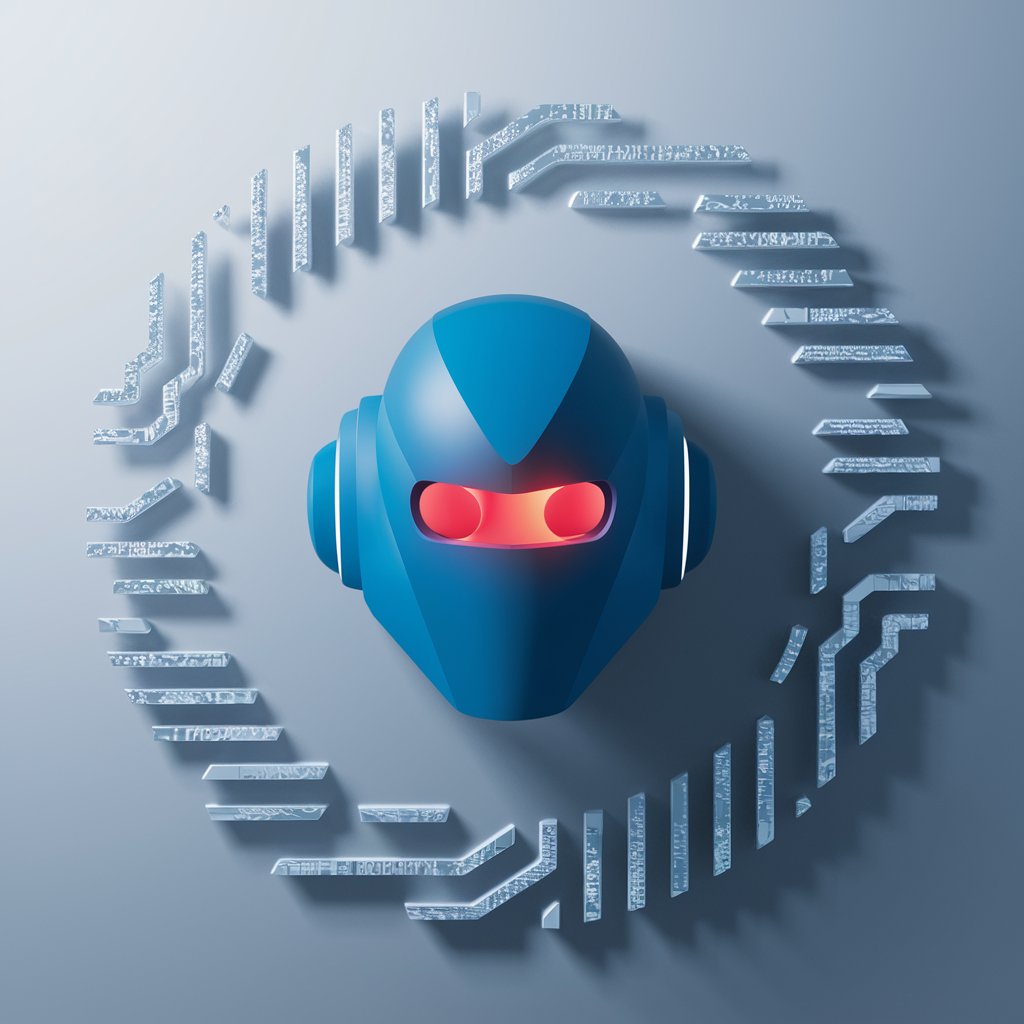
Content
Empower Your Writing with AI
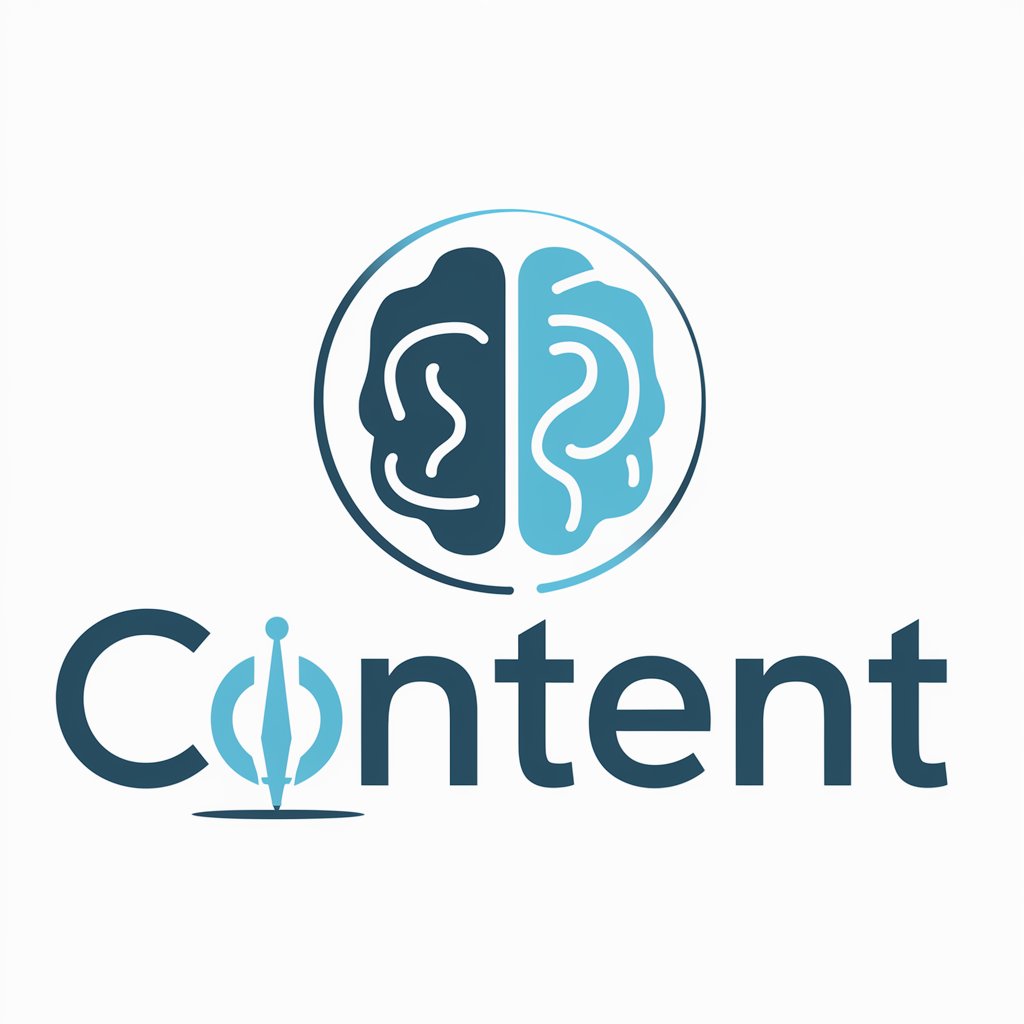
Google ads Expert
Empower your Google Ads with AI insights.

Content Writer
Unlock AI-powered content creation.

Blog Writer
Crafting your thoughts with AI precision

SEO Blog
Enhance your content with AI-driven SEO.

以图生图
Unlock Your Imagination with AI Artistry
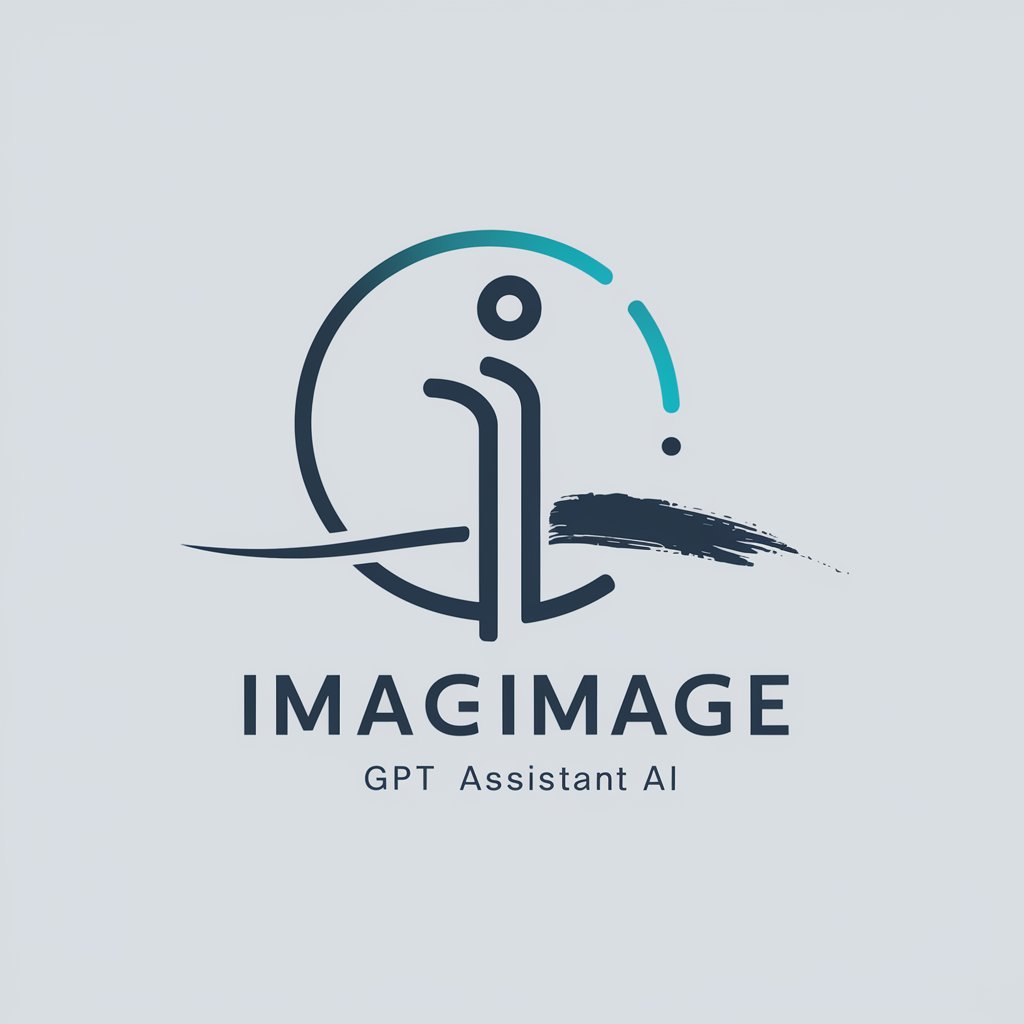
Deep Learning Q&A
What is Deep Learning?
Deep Learning is a subset of machine learning that utilizes neural networks with multiple layers to learn representations of data.
What are some common applications of Deep Learning?
Deep Learning is used in various fields, including computer vision, natural language processing, speech recognition, and reinforcement learning.
How does Deep Learning differ from traditional machine learning?
Deep Learning models can automatically discover features from raw data, whereas traditional machine learning often requires handcrafted feature engineering.
What are some challenges in training Deep Learning models?
Common challenges include overfitting, vanishing gradients, and selecting appropriate hyperparameters.
What are some popular Deep Learning frameworks?
Popular frameworks include TensorFlow, PyTorch, Keras, and Caffe.
